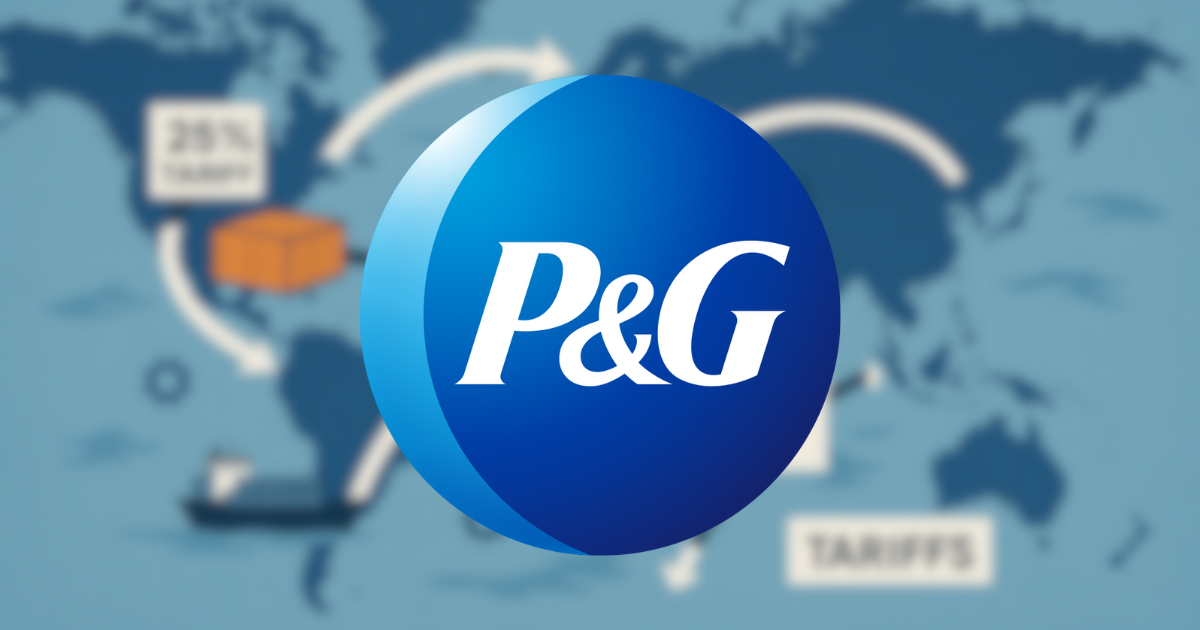The Real Driver of AI in Education? Trust, Not Just Tech
I’ve been following the launch of the National Academy for AI Instruction closely. And one thing is clear: when it comes to AI in education, the most important factor isn’t the technology. It’s trust.
A Major Investment in AI for Teachers
Last week, the American United Federation of Teachers, Microsoft, OpenAI, and Anthropic announced a $23 million initiative to support AI integration in schools. Over the next five years, this program will train 400,000 educators—about 10% of the U.S. teaching workforce—and reach more than 7.2 million students.
But this effort goes beyond just distributing tools. It could become a blueprint for human-centered AI in education, built around trust, training, and teacher empowerment.
Teachers Are Already Using AI in the Classroom
According to a recent Gallup poll, 60% of teachers use AI tools in their daily work. Even more compelling, 32% use them at least weekly. What are they using it for?
- Lesson planning
- Worksheet and activity creation
- Adapting materials for diverse student needs
Teachers who regularly use AI save nearly six hours each week. Over a full academic year, that adds up to six weeks of time—a significant “time dividend.”

What Educators Do With Saved Time
That extra time isn’t used to work less. Instead, it’s reinvested in deeply human ways:
- Giving students personalized feedback
- Strengthening relationships with families
- Designing more individualized learning experiences
Clearly, the true value of AI in the classroom isn’t automation—it’s amplification of human potential.
Lessons for Anyone Implementing AI in Their Workforce
The success of AI in schools offers useful takeaways for leaders in any field:
- You only benefit from AI if you actually use it
- Start small, but aim for impact
- Invest in structured training and empower frontline users
- Don’t just measure what AI automates—measure what it enables
Final Thought: Time Saved Should Mean Time Reinvested
AI for teachers—and for professionals in general—isn’t about replacing human effort. It’s about giving people more time to do what matters. That requires trust, smart training, and a focus on outcomes beyond efficiency.
How Is Your Company Thinking About the Time Dividend of AI?
If you’re working to integrate AI in your organization, what are you doing to build trust in AI tools and empower your team?



